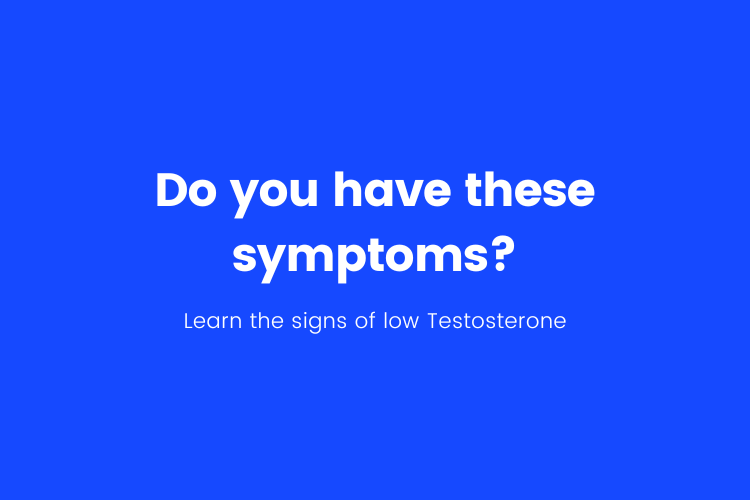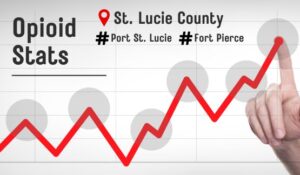Introduction:
Testosterone, a crucial hormone governing various bodily functions, plays a vital role in developing male reproductive tissues and maintaining key male characteristics like muscle mass and bone density. As age advances, testosterone levels naturally decline, and recognizing these signs becomes essential. This decline often triggers consideration of testosterone replacement therapy (TRT).
Signs of low testosterone
1. Diminished Libido and Erectile Dysfunction:
One of the most prevalent signs of low testosterone is a decrease in sex drive or the onset of erectile dysfunction.
2. Fatigue and Low Energy Levels:
Insufficient testosterone levels may result in fatigue and an overall lack of energy, leaving men feeling tired despite obtaining ample rest.
3. Impact on Muscle Mass and Strength:
Testosterone’s role in sustaining muscle mass is crucial, and low testosterone levels can lead to a decrease in both muscle mass and strength.
4. Accumulation of Body Fat:
The decline in testosterone levels is associated with an augmentation of body fat, particularly around the abdomen.
5. Mood Swings and Emotional Changes:
Low testosterone levels can contribute to mood swings, irritability, or even depression.
6. Cognitive Challenges:
Some men may experience difficulties with concentration or memory when testosterone levels are low.
7. Reduced Bone Density and Osteoporosis Risk:
Testosterone’s significance in maintaining bone density becomes evident as low testosterone levels contribute to a reduction in bone mass, potentially leading to osteoporosis.
8. Accelerated Hair Loss:
While hair loss is a common aspect of aging, low testosterone levels can accelerate this process.
9. Sleep Pattern Disturbances:
Alterations in sleep patterns, such as insomnia or increased sleepiness, can be linked to low testosterone.
Conclusion:
It is crucial to recognize that these symptoms may also stem from various other health conditions. If a man is encountering these signs of low testosterone, consulting with a healthcare professional for a comprehensive evaluation is essential. Typically, a blood test to measure testosterone levels is part of the diagnostic process. Pursuing TRT should be done cautiously, under the guidance of a qualified healthcare provider who can assess overall health and determine the most appropriate course of action.









